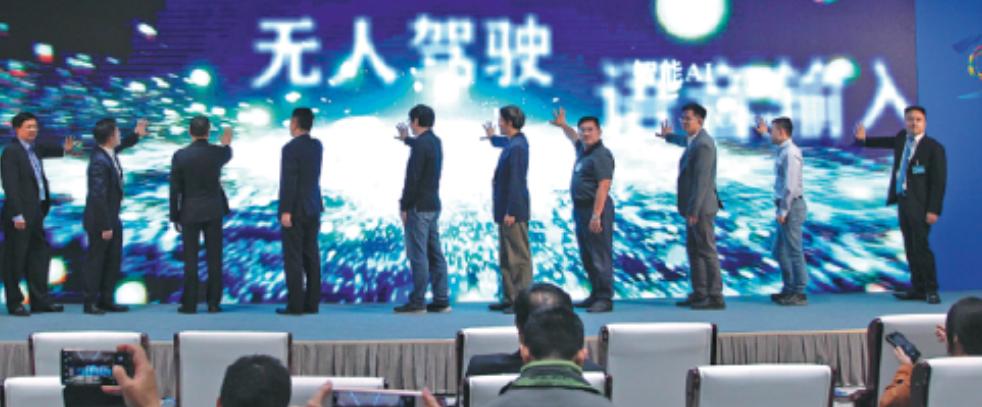Experts: Education needs to catch up with high-tech era, emphasize humanities


As artificial intelligence is increasingly used in a wide range of sectors to upgrade services, including education, mounting efforts are needed to reshape the training and employment market to make the most use of the cutting-edge technology, experts said on the sidelines of the Fifth World Internet Conference.
Harry Shum, executive vice-president of AI and research at Microsoft Corp, said AI is going to enable amazing breakthroughs in areas such as healthcare, agriculture, education and transportation.
"But as we've seen over the past 20 years, new technologies also raise complex questions and important societal concerns. As we look toward a future that will see increasing partnership and cooperation between computers and humans, it is important that we address these challenges head on," Shum said.
The comments came as a report by market research company Forrester forecast that AI will replace about 24.7 million jobs and create 14.9 million new jobs by 2027, as the technology becomes inextricably linked to people's daily lives.
Such a drastic change will set new challenges about what human beings learn in schools as well as on-the-job training, according to Shum.
He said that is part of the reason he co-authored the book The Future Computed with Brad Smith, president of Microsoft.
In the book, they say that overemphasizing computing science to make the best use of AI would be the wrong path, and argue that liberal arts will be increasingly important.
"Skilling-up for an AI-powered world involves more than science, technology, engineering and math. As computers behave more like humans, the social sciences and humanities will become even more important," they write.
According to them, teams developing new uses for AI with human parity will need to include those with both an engineering and liberal arts background. And both sides will need to know aspects of the other, as well.
"If AI is to reach its potential in serving humans, then every engineer will need to learn more about the liberal arts and every liberal arts major will need to learn more about engineering," Smith and Shum write.
They argue that only those who embrace AI and the relevant changes, not those that resist or delay adopting them, can benefit from new jobs and economic growth driven by the technology.
AI's possible impact on the labor and education market is highly prevalent in China, where companies are facing a rapidly aging population. People aged 60 or older in the country exceeded 240 million in 2017, accounting for 17.3 percent of China's population. That figure is estimated to hit 400 million (25 percent) in 2033, official data shows.
At the same time, China's shrinking demographic dividend and soaring labor costs are ringing alarm bells. Last year, the country's pool of workers aged 16 to 59 declined for the sixth consecutive year. In Shanghai, a hotbed of manufacturing, monthly salaries have increased 250 percent in the last decade alone.
Undoubtedly, the growing prevalence of AI will help deal with such demographic shifts, but the local education and employment market is far from ready to embrace the trend, Ba Shusong, chief economist of the China Banking Association, said in a research note.
"AI will replace a large number of repetitive jobs. But highly skilled workers with a high degree of flexibility, creativity and strong problem-solving and interpersonal skills will thrive. Measures are needed from the government and companies to re-train people," Ba added.




































